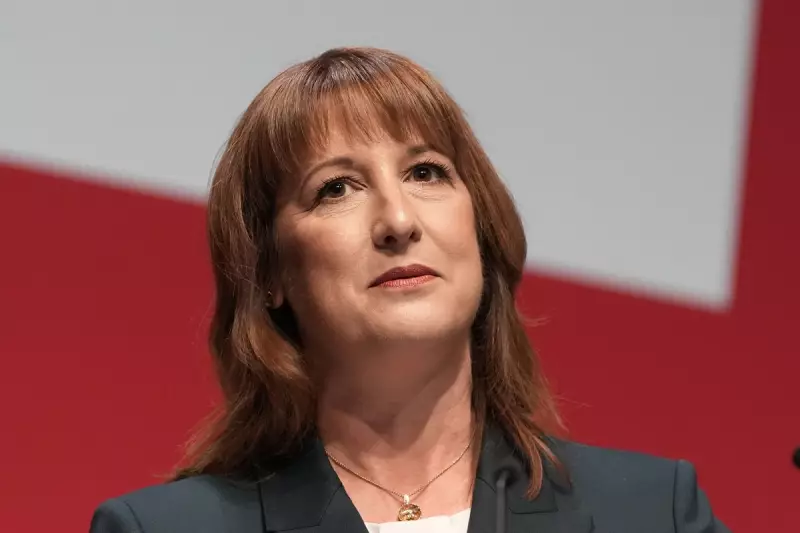
In a move that's set to ignite tensions with trade unions, Chancellor Rachel Reeves has delivered a stark message: there will be no additional funding for public sector pay increases in her forthcoming budget.
The Labour Chancellor declared the Treasury's coffers are completely bare, leaving no room for manoeuvre on public sector wages despite mounting pressure from workers struggling with the ongoing cost of living crisis.
Empty Cupboards and Tough Choices
Reeves didn't mince her words when explaining her position. "I'm under no illusions about how tough things are for public sector workers," she stated, before delivering the hard truth: "But the cupboard is bare. The money is just not there."
The Chancellor placed the blame squarely on the previous Conservative administration, accusing them of leaving behind a fiscal mess that severely limits her options. This revelation comes despite Labour's manifesto commitment to honour the recommendations of independent pay review bodies.
Union Backlash Looms Large
This announcement is likely to trigger significant backlash from public sector unions, many of whom were hoping for a different approach from the new government.
With inflation still impacting household budgets and many workers feeling the pinch after years of constrained wages, the stage could be set for a fresh wave of industrial action across essential services including healthcare, education, and transport.
Union leaders have repeatedly warned that without proper investment in public sector pay, the government risks exacerbating staffing crises in key areas like the NHS and schools.
What This Means for Public Services
The Chancellor's tough stance presents a major challenge for the Labour government, which now faces the delicate balancing act of maintaining fiscal discipline while keeping essential services running smoothly.
Without additional funding for pay increases, departments would be forced to find savings elsewhere in their budgets to fund any wage rises, potentially leading to cuts in other areas or reduced services.
As the budget announcement approaches, all eyes will be on how unions respond and whether this declaration marks the beginning of a new period of industrial unrest under Britain's new government.




